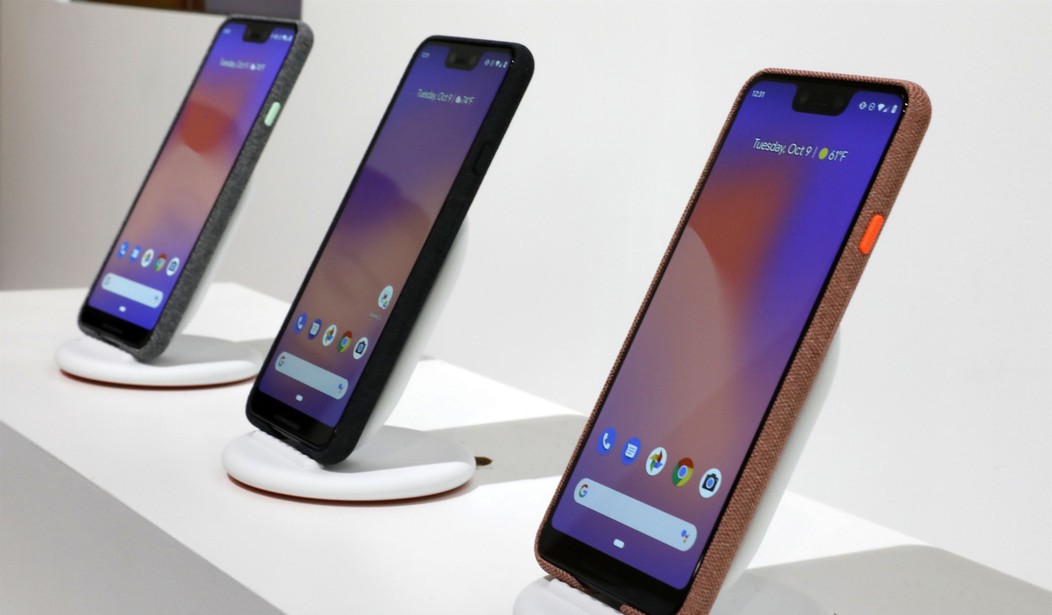A class action lawsuit claims the Massachusetts Department of Public Health (DPH) worked with Google to auto-install spyware on the smartphones of more than one million Commonwealth residents, without their knowledge or consent, in a misguided effort to combat COVID-19. It asserts such brazen disregard for civil liberties violates the United States and Massachusetts Constitutions and cannot stand. The New Civil Liberties Alliance, a nonpartisan, nonprofit civil rights group, is representing plaintiffs in Wright v. Massachusetts Department of Public Health, et al.. The suit challenges DPH’s covert installation of a COVID-tracing app that tracks and records the movement and personal contacts of Android mobile device users without owners’ permission or awareness.
Plaintiffs Robert Wright and Johnny Kula allege that since June 15, 2021, DPH has worked with Google to secretly install the app onto over one million Android mobile devices located in Massachusetts without obtaining any search warrants, in violation of the device owners’ constitutional and common-law rights to privacy and property. Once “automatically installed,” DPH’s contact tracing app does not appear alongside other apps on the Android device’s home screen. The owner can only find the app by opening “settings” and using the “view all apps” feature. Thus, the typical device owner remains unaware of its presence. According to records, when smartphone owners delete the app, DPH simply re-installs it.
According to the lawsuit, DPH secretly installed the contact tracing app onto over one million Android devices because so few Massachusetts citizens downloaded its voluntary version. Plaintiffs assert that they have constitutionally protected liberty interests in not having their whereabouts and contacts surveilled, recorded, and broadcasted. They also say they have a right to prevent unauthorized and unconsented access to their personal smartphones by government agencies.
“Many states and foreign countries have successfully deployed contact tracing apps by obtaining the consent of their citizens before downloading software onto their smartphones. Persuading the public to voluntarily adopt such apps may be difficult, but it is also necessary in a free society,” said Sheng Li, Litigation Counsel, NCLA. “The government may not secretly install surveillance devices on your personal property without a warrant—even for a laudable purpose. For the same reason, it may not install surveillance software on your smartphone without your awareness and permission.”
The plaintiffs’ class-action lawsuit contains nine counts against DPH, including violations of their Fourth and Fifth Amendment rights under the U.S. Constitution and violations of Articles X and XIV of the Massachusetts Declaration of Rights. The plaintiffs assert that no statutory authority supports DPH’s conduct, which serves no public health purpose, especially since Massachusetts has ended its statewide contact-tracing program. Additionally, they say that no law or regulation authorizes DPH to secretly install any type of software onto the Android devices of Massachusetts residents, let alone what amounts to spyware explicitly designed to obtain private location and health information.
Related: COVID-19 Amnesty? Not So Fast, Says a New Poll
The lawsuit asks the U.S. District Court for the District of Massachusetts to grant injunctive relief and nominal damages to the class. “The Massachusetts DPH, like any other government actor, is bound by state and federal constitutional and legal constraints on its conduct. This ‘android attack,’ deliberately designed to override the constitutional and legal rights of citizens to be free from government intrusions upon their privacy without their consent, reads like dystopian science fiction—and must be swiftly invalidated by the court,” said Peggy Little, Senior Litigation Counsel, NCLA.
The NCLA is unaware of other states that engaged in a similar strategy of auto-installing contact-tracing apps. At this time, it appears Massachusetts iPhone users had to consent before a similar app would install on their devices.










Join the conversation as a VIP Member